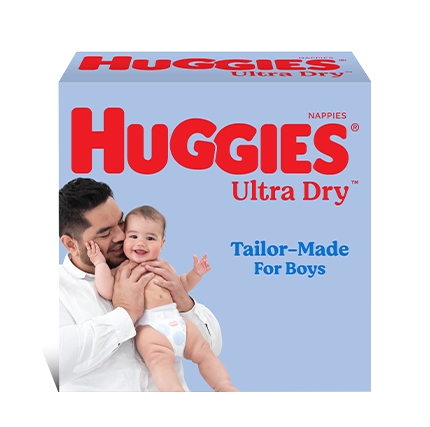A psychologists’ view of a toddler tantrum
When toddlers become frustrated, they only have a limited amount of ways to communicate this to their parents. So what do they do? They have a temper tantrum!
A tantrum can range from asking lots of questions and whining to a fully-blown performance where the child may lie on the floor, kicking and screaming.
Inevitably, your child will have one of the bigger tantrums at the most inopportune moment, such as at your in-laws’ house, at the shopping centre, in church, or on an aeroplane.
Here is some toddlers advice and things you can do to help prevent tantrums.
Preparation is the key!
Make sure that you have packed a little bag of “surprises” for your child to play with and eat. Ensure that they have had a good sleep before they go out so they will not be grumpy when they arrive at the destination. They have little stomachs and need to eat small amounts often. They also get bored easily so you need to have a variety of things to keep them distracted if they have to sit quietly for a while. Often, if you can distract them, you can avoid a huge tantrum. If you catch it early enough by giving them a hug, a cuddle, or go for a short walk, you will be less stressed!
However, sometimes tantrums happen and we need to have a way of dealing with them. Sometimes, just understanding that it is their way of letting us know that they are not happy helps us cope. They do not have the vocabulary that older children have, so they cannot tell us how they are feeling. It is a normal part of the emotional development of a child and is generally just a phase.
Do not give in!
Most importantly – do not cave in to whatever it is that the child is demanding. As parents, we are sometimes so frustrated by the tantrum that we simply give the child whatever it is they want just to keep them quiet. But what are we teaching them? They are learning that if they scream loudly and for long enough, they will get whatever they want. Is this the lesson that we want to teach them?
Keep your cool (or at least pretend you are!)
It is extremely important for us to keep our cool when our child is out of control. This models a more appropriate way to behave (over time!), and demonstrates to the child that their tantrum is NOT going to get them what they want. If you cannot maintain a calm exterior, turn away or leave the room (if safe to do so) until you calm yourself down.
Reduce the negatives
Make sure that your child does not have too many restrictions in his or her life. If they hear the word “no” all the time, then they are more likely to become frustrated. Offer them opportunities to make decisions and develop their independence.
Forced choices
One way to do this is with the use of “forced choices”. This is where we allow them to make a decision, but within the boundaries of what we (as the parent) feel is acceptable. One such example asking our child – “Do you want to wear the green jumper or the blue jumper?”. We are not giving them the option of a singlet top on a cold winter’s day, but have offered them one of two items of clothing that they can dress in for the day – either of which we consider to be appropriate. Even when we face a situation that is non-negotiable, we can still offer two choices. If your child needs to have their shoes on to go outside, then you can say, “do you want to put your shoes on, or do you want me to do it?”. Forced choices stated in this manner do not give the option of the child not complying, yet they feel empowered because they get to make their own decision. It is a win-win situation!
Reasonable expectations of behaviour
On occasions where we know our child will be bored and irritated, it may wiser to find someone who can look after him or her while we go where we need to. For instance, it is unreasonable for us to assume that our child will sit silently in a church for our friend’s wedding. Even with our “surprise bag”, it is likely that the child will want to go for a run or climb over the pews, and if we stop them, we will undoubtedly face a toddler tantrum! Are we being reasonable putting them in this situation?
Children are a handful sometimes, a heartfull all the time…- Author Unknown
Finally, do not scream and yell back at the child. Often their tantrums scare them – they may feel out of control and not know how to calm themselves down. A parent shouting at them simply adds to the confusion and will make a bad situation worse. And do not let your embarrassment of your child’s behaviour affect the way that you react to him or her. No matter what you do, there will be people “advising” you to respond differently, and you will not please everyone. Again, try to be as calm as you can, and deal with the tantrum as rationally as you can (without giving in to your child’s demands).
Remember, it is a phase that all healthy children go through. If we keep our emotions in check and manage it as well as we can, then usually it is short-lived and they will outgrow these toddler tantrums in no time!
By Sally-Anne McCormack M.A.P.S.
Dip T (Psych Maj); Postgrad Dip Psych (Ed); B Ed: M Psych (Ed & Dev)
Sally-Anne is a Melbourne psychologist, former teacher, and mother of 4. She has 2 websites: www.psychonline.com.au and www.parentsonline.com.au.
Last Published* December, 2022
*Please note that the published date may not be the same as the date that the content was created and that information above may have changed since.














